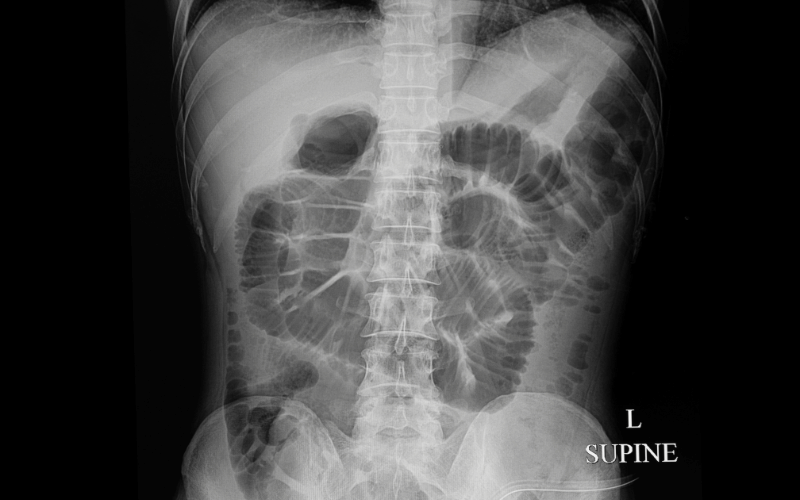Introduction
Every parent is familiar with the common childhood ailments: the occasional cold, a scraped knee, maybe even the random stomachache after too much candy. But some symptoms, especially when they pertain to the digestive system, can be indicative of something far more serious – a bowel obstruction. This condition, also known as an intestinal obstruction, is a significant medical concern. It can pose severe threats to a child’s health if not recognized and addressed promptly.

Intestinal obstructions in children, although relatively rare, are no less alarming. Their onset can be gradual or sudden, and in many cases, the symptoms might seem benign initially. A parent might dismiss persistent nausea as a bug going around in school, or chalk up constipation to a change in diet. However, it’s the combination and persistence of these symptoms that can reveal a deeper issue.
Bowel obstructions are not something any parent wants to think about, but awareness is a powerful tool. By identifying the signs early on, parents can facilitate a quicker diagnosis and intervention, which can be critical in reducing potential complications and ensuring a speedy recovery.
Symptom 1: Vomiting and Nausea

Vomiting is not just the mere act of throwing up but can indicate an underlying issue, especially if it’s recurrent and forceful. In children with bowel obstruction, the vomiting might even contain greenish bile, a clear indicator that something is amiss. The body might be attempting to rid itself of contents it can’t push past the obstruction, resulting in this violent expulsion.
On the other hand, nausea is a more subdued symptom but equally concerning. It’s tricky to discern in younger children who might not articulate their feelings explicitly. They might express it through facial grimaces, a hand on the belly, or just a general aversion to food. This isn’t just the typical “I don’t want vegetables” scenario. It’s a continuous reluctance, possibly combined with expressions of discomfort post meals.
Parents and caregivers should be attentive to these signs, especially if they persist. It’s easy to attribute them to less severe causes like a stomach bug or something they ate. However, when paired with other symptoms or lasting more than a day or two, it warrants more thorough investigation.
While occasional vomiting or feelings of nausea can occur in any child due to various reasons, it’s the persistence and intensity that are key. It might be tempting to hope it’s just a passing phase, but it’s always better to consult a pediatrician. A simple consultation can either provide reassurance or pave the path to necessary medical intervention. (1)